Mike Cernovich may be emerging as the new Bannon in the alt-right movement. Vanity Fair's Tina Nguyen discusses his political strategy and how badly Bannon is perceived among the alt-right these days. Nguyen talks about Cernovich's motivation behind his theories. She says he is not foreign policy-minded and likes to just attack liberal ideology. He's also against most media outlets, even though he just put in a bid for Gawker.com. Despite his less-than-popular views, could he continue to gain popularity? Nguyen said in her conversation with him about buying Gawker he said, it "would be fun to own Gawker properties." She believes that was more as a taunt to the writers. But overall, she does believe he could continue to gain followers.
Share:
More In Politics
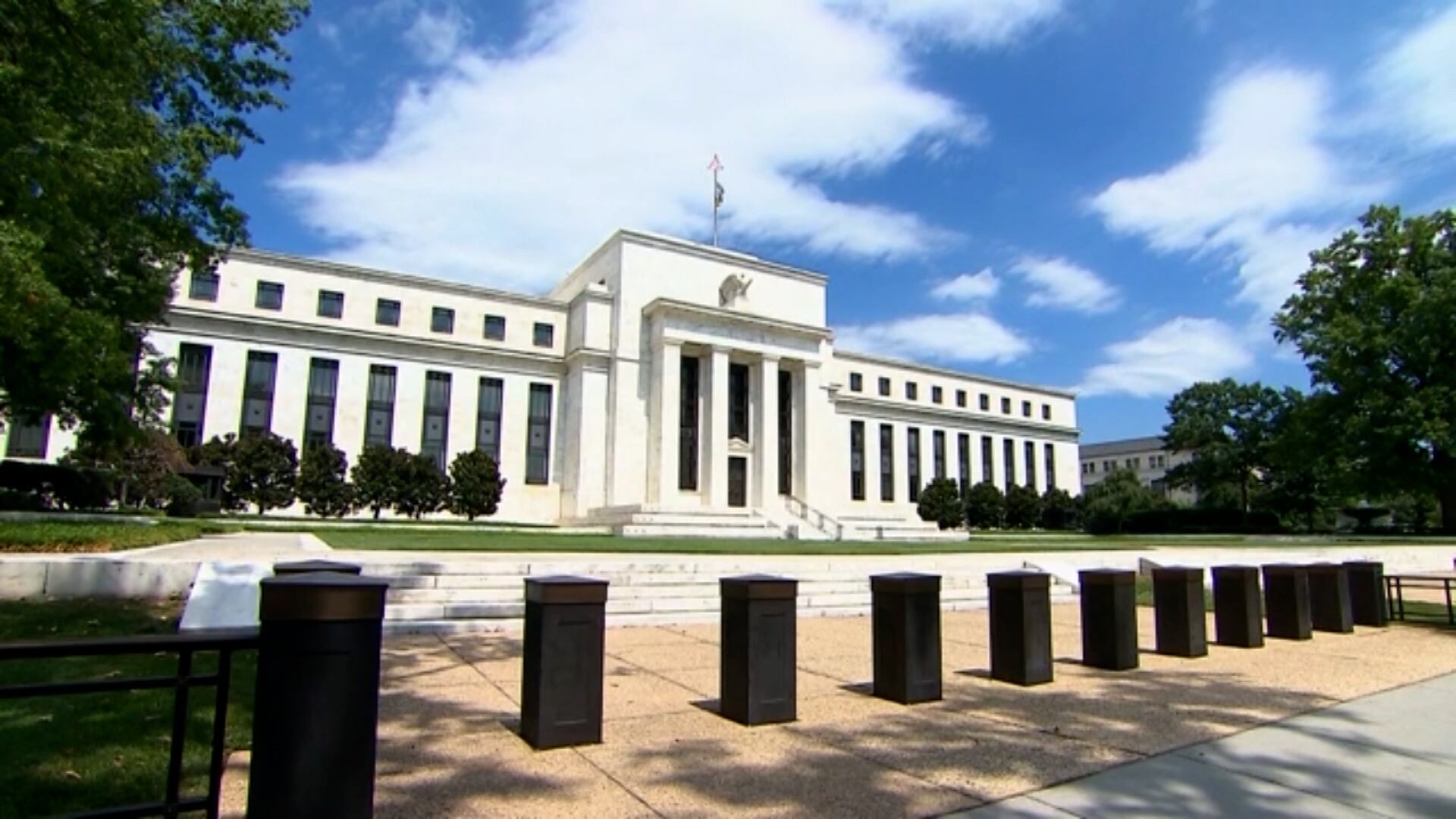
NYT Piece Claims Silicon Valley Investors and Founders Contorted Legal Tax Break to Avoid Taxes on Investment Profits
Several Silicon Valley insiders are being accused of contorting a 1990s-era tax break to avoid taxes on millions of dollars of investment profits. The tax break is known as the qualified small business stock exemption, and it allows early investors in certain companies to avoid half of the taxes on up to $10 million in capital gains. A piece recently published in the New York Times says venture capital firms like Andreessen Horowitz replicated the tax exemption by giving shares of companies to friends and family, who would otherwise face a 23.8% capital gains bill. The CEO of Roblox is also accused of replicating the tax break for his family members at least 12 times. Although the loophole known as 'stacking' is considered to be legal, the Times piece implies that the exemption has been manipulated for the ultra-wealthy to become more wealthy. Greycroft co-founder and Chairman Emeritus Alan Patricof joins Cheddar News' Closing Bell to discuss.
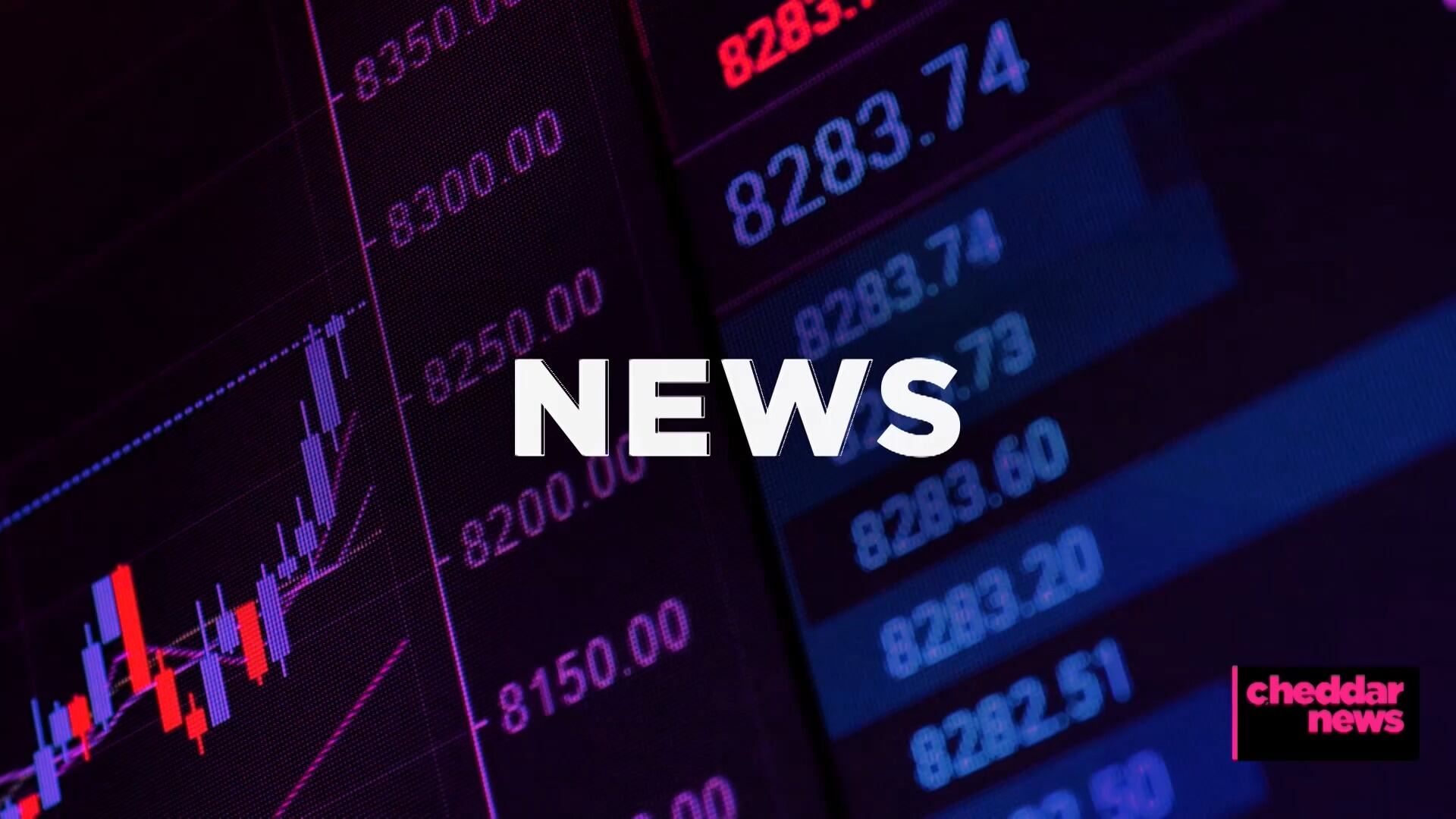
need2know-afternoon-edition-010322
need2know-afternoon-edition-010322

This Year In Trivia
Hena Doba and Azia Celestino recap some of the biggest stories of the year, and learn a thing or two while they're at it. It's This Year in Trivia!

Examining How NYC Mayor Bill De Blasio's Legacy Will Be Defined
Chris Sommerfeldt, City Hall reporter for the New York Daily News, joins Cheddar News' Closing Bell, where he discusses both the wins and losses of Bill de Blasio's eight years as New York City Mayor.
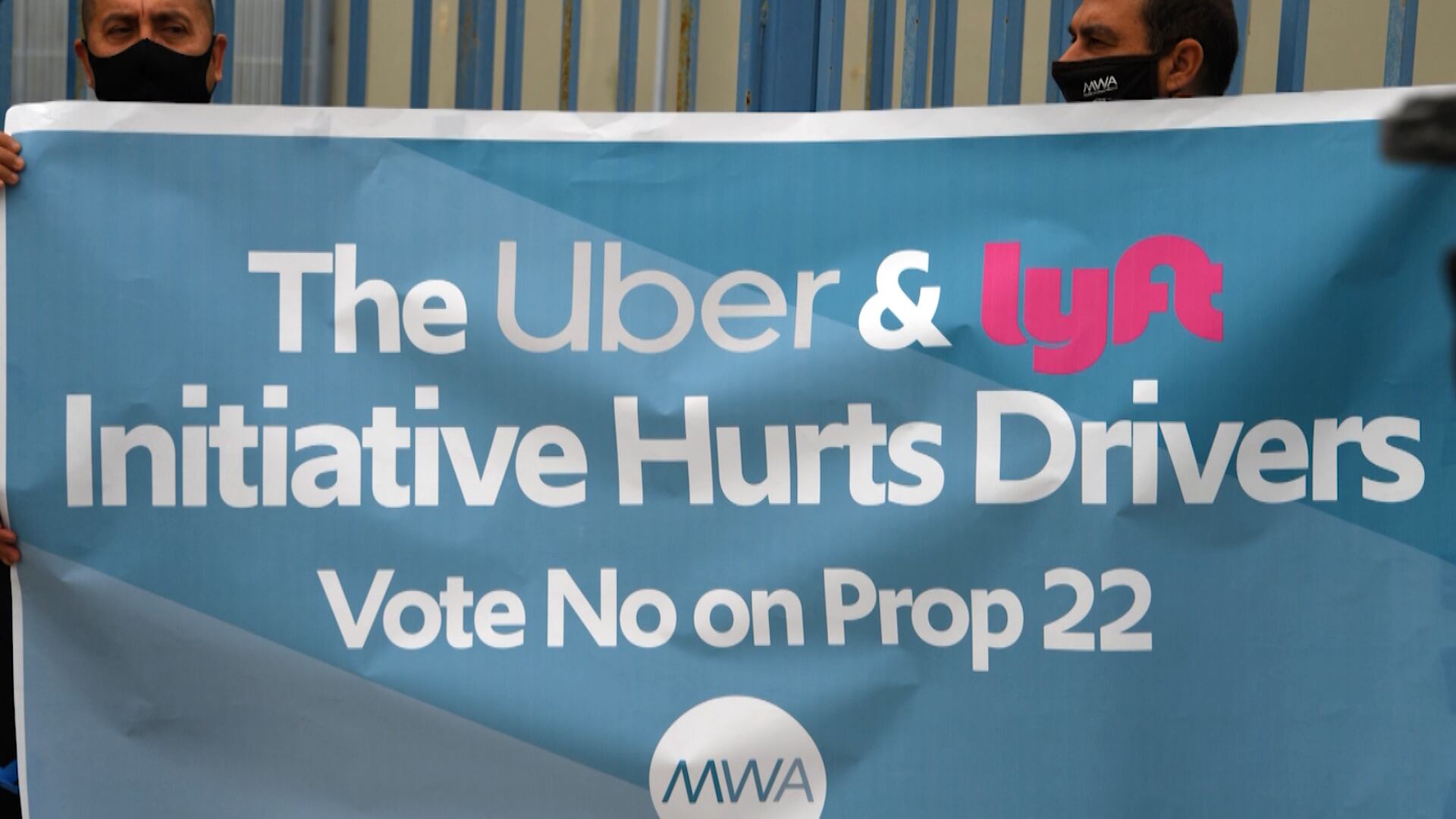
Looking Ahead to Regulating Uber, Lyft, and the Gig Economy in 2022
The push to regulate the gig worker economy is gaining steam as the share of workers who participate in freelancing through businesses like Uber and Lyft have also exponentially grown during the pandemic. Employment attorney Mark Kluger, founding partner at Kluger Healey, LLC, joined Cheddar to break down how the battle to reclassify gig workers will continue in the new year, and why the issue continues to generate conflict. "More and more workers are using gig work as their primary source of income and as a result of that they are not like employees in the sense that they don't have benefits like health insurance," Kluger noted.
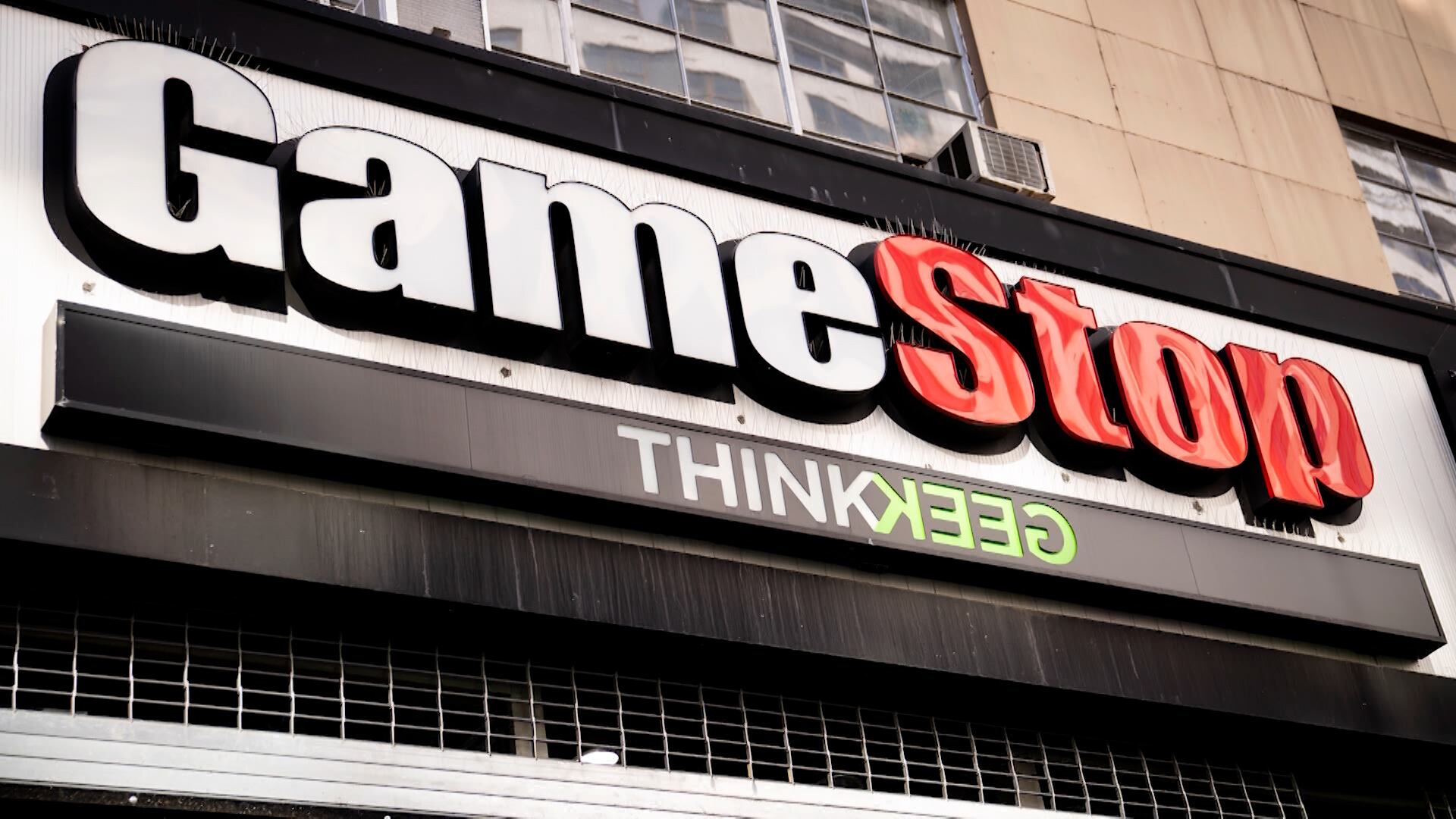
2022 Promises a Mixed Bag of Market Predictions
2021 saw markets continue to be impacted by the onslaught of the coronavirus pandemic -most recently in the form of the Omicron variant- in addition to the global supply chain shortage, and increased inflation. But it wasn't all bad news, as crypto soared throughout the year, and meme stocks continued to have a moment. With the year coming to a close, investors are keeping an eye out to see if they should expect more of the same in the new year. Chris Vecchio, Senior Analyst, at DailyFX tells us what market trends to be on the watch for in 2022.
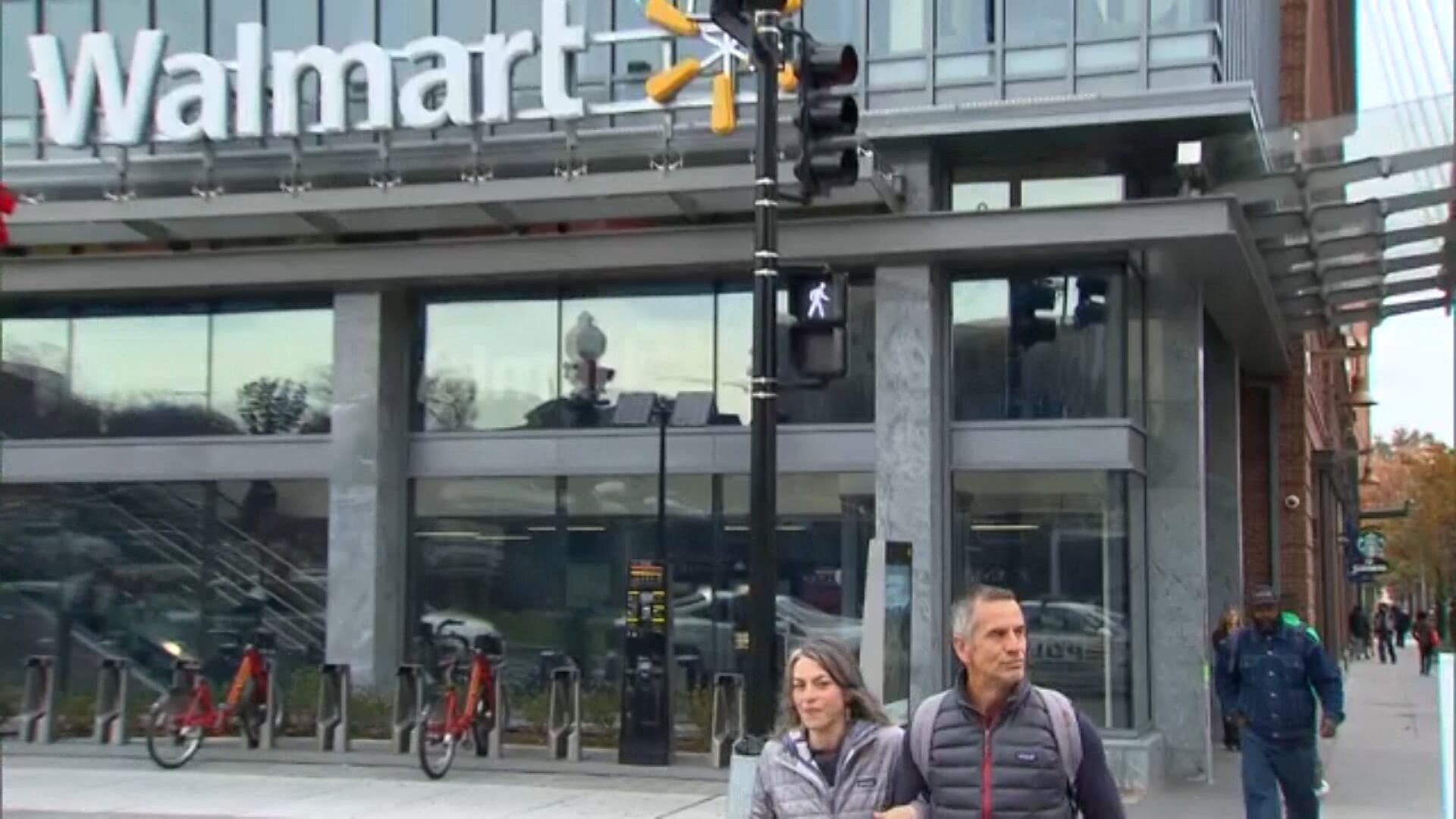
Walmart Sparks Critics in China Over Banning Products From Xinjiang
Shehzad Qazi, Managing Director at China Beige Book International joins Cheddar News to discuss the new law the Uyghur forced labor prevention act.
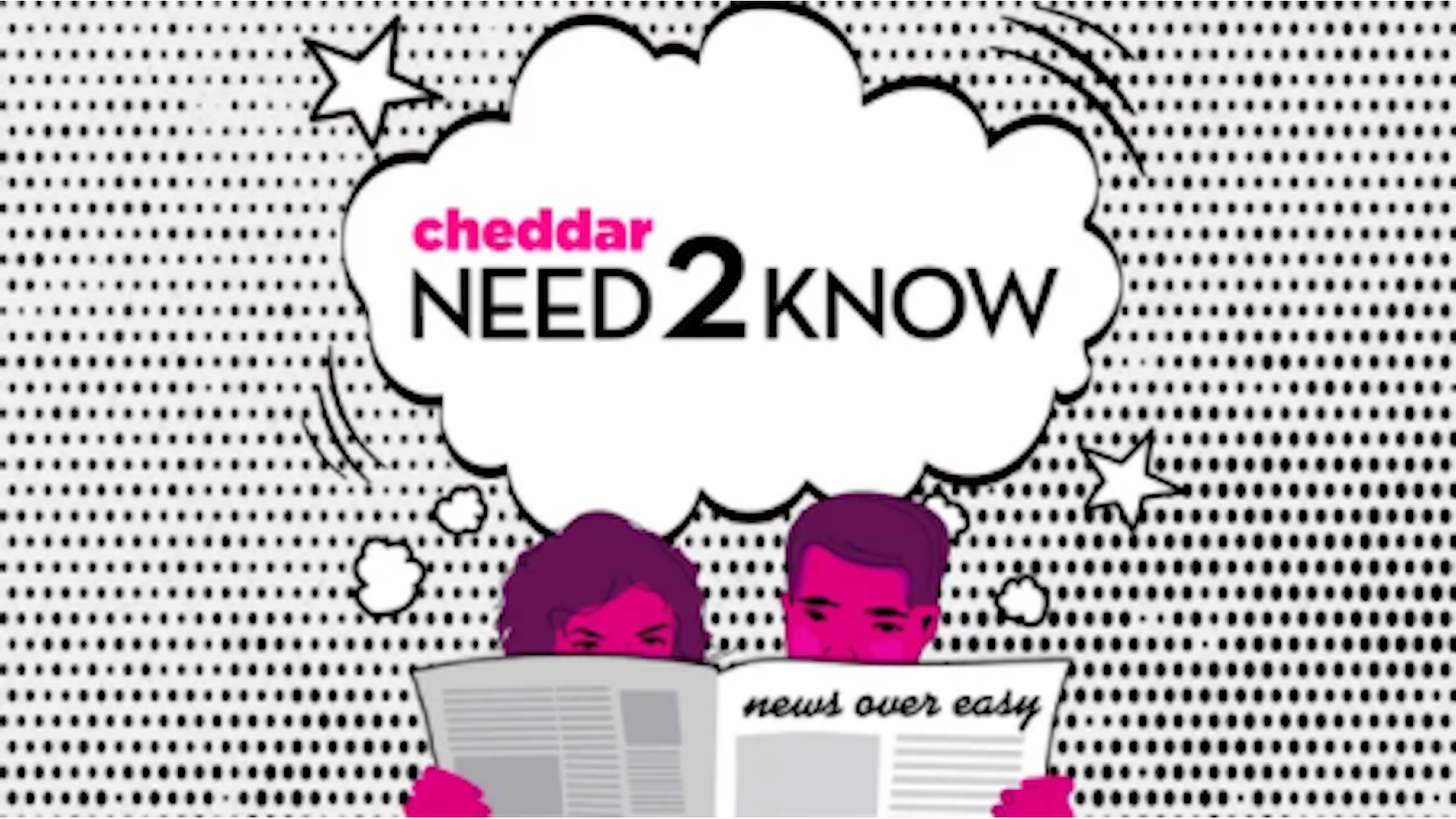
A New Year's Message from Carlo
For last year's words belong to last year's language, and next year's words await another voice. — TS Eliot

Breaking Down Putin Phone Call With President Biden Over Ukraine
Matt Hayden, vice president of govtech solutions at Exiger and a former assistant secretary of cyber at Department of Homeland Security, joined Cheddar to discuss the surprise phone call initiated by Russian President Vladimir Putin to President Joe Biden, ahead of January security talks about the rising tensions over Ukraine. "We're hoping to hear that we're able to talk about the aggression and the leadup of the Ukrainian militarization," Hayden said. "But we're also looking to hear is how the Kremlin leveraged their talking points to try to test their negotiation stance with the United States leading into this January 10th meeting."



